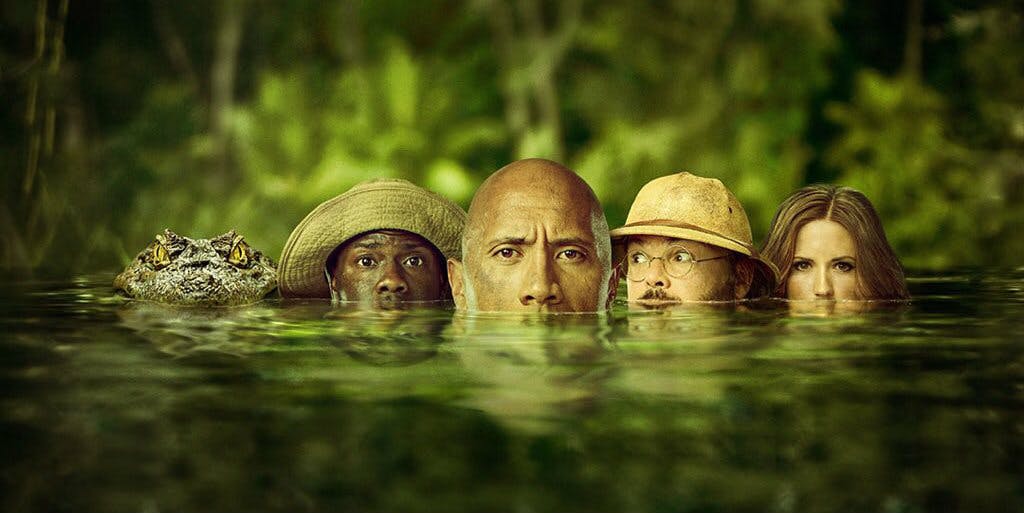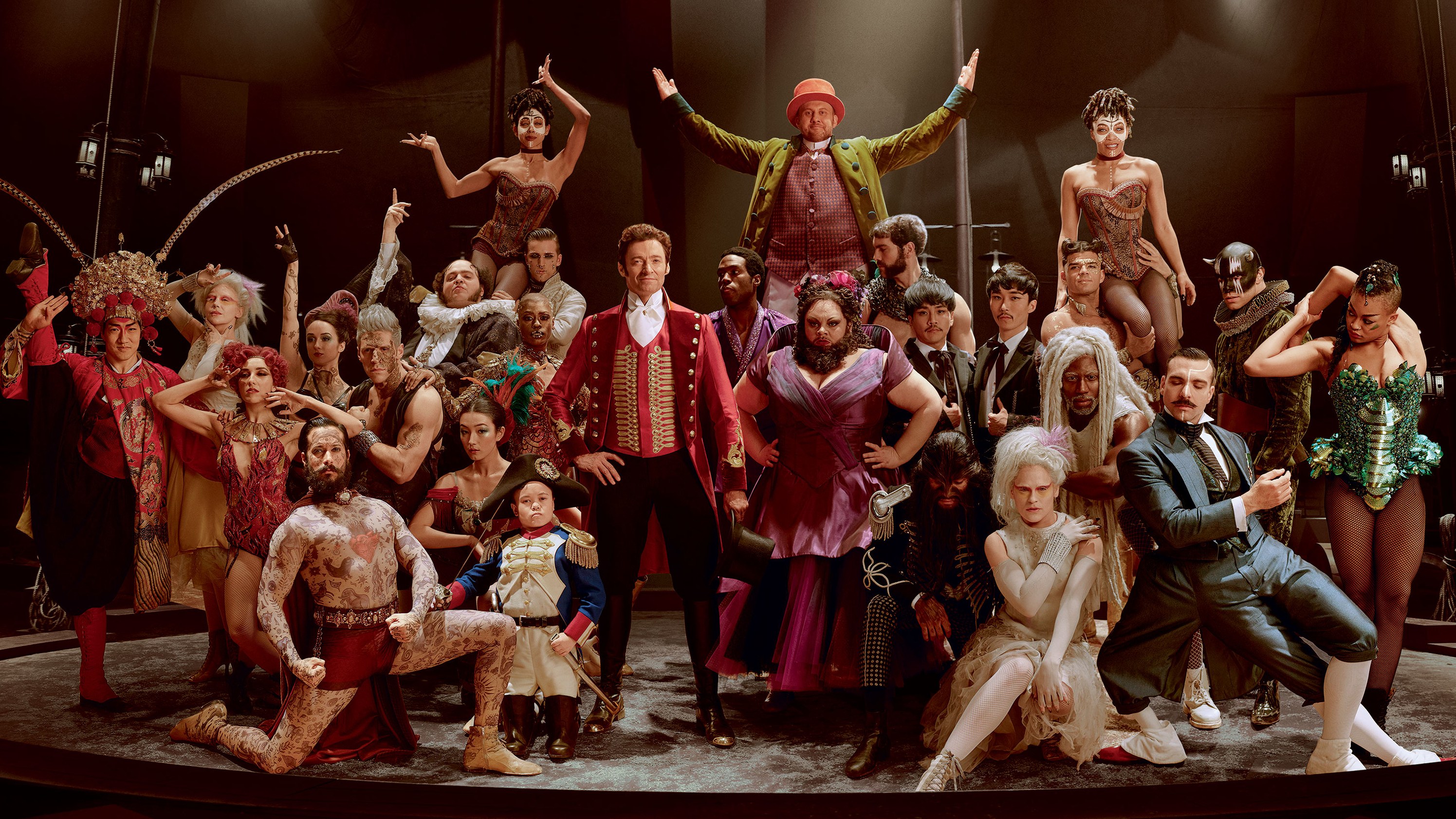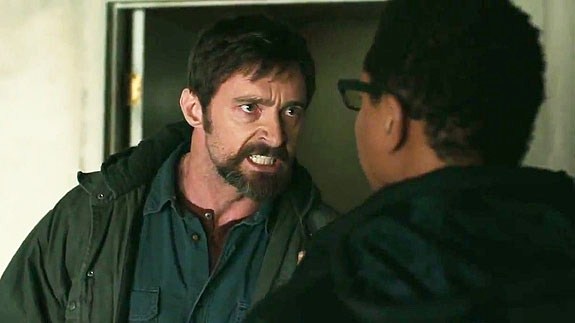Deadpool & Wolverine
by George Wolf
The prospect of a new Deadpool & Wolverine teamup brings plenty of fan excitement, and one looming question.
What about Logan? They really gonna do him like that, and undo Wolverine’s deeply emotional sendoff with some dream sequence gag or something?
Don’t look away, you’re in a safe zone here. There’ll be no spoilers (and there’s plenty of surprises to spoil, so navigate your media carefully), but rest assured that the Deadpool franchise is built on self-awareness. And what this third installment cooks up is a foul-mouthed, carnage-laden and often hilarious blast of fan service and Friars Club roast that’s set to ludicrous speed.
It also has plenty to say about the new Honda Odyssey. See, Wade Wilson/Deadpool (Ryan Reynolds) is selling cars, sporting a “hair system” and pining for Vanessa (Morena Baccarin) when the mysterious Mr. Paradox (Matthew Macfadyen) gives Wade a chance to finally attain something he craves: to matter.
Remember, we’re in Marvel “multiverse” territory now, so while Paradox is keeping tabs on multiple timelines, all Deadpool needs to know is who can help him save the one holding people he really cares about.
Bet you can guess who can help, but doesn’t want to.
Director Shawn Levy, co-writing with Reynolds and Rhett Rheese, keeps up a nearly constant stream of bloodshed and banter, always staying one step ahead of us on the mockery scale. Disney and the MCU are frequent targets, but extended exposition, past films, previous spouses and more will all be skewered via precise timing from Reynolds and the muscle-flexing wrath of Hugh Jackman’s furious straight man.
This pair of timeline bandits is as much of an R-rated delight as you’re probably expecting, but Levy makes sure these two don’t just talk the talk. The action is stylishly well-staged, heavy on 80s needle drops (cha-ching Huey Lewis!) and often relentless, with D & W mostly battling each other until they come mask to face with the all-powerful Cassandra Nova (Emma Corin).
Nova rules “the Void,” a thrilling dystopian Hellscape that’s home to plenty of jokes about Mad Max and a priceless array of cameos. More and more famous faces drop in to join the fight, enough to leave the fanboys and girls cheering, laughing, and tipping their caps to pop culture callbacks and one very well-played superhero sleight of hand.
Yes, it’s overlong (but you will want to stay through the credits) and sometimes clearly impressed with its own cleverness, but Deadpool & Wolverine is also committed to its promise of adult, crowd-pleasing fun.
Make that overly committed, and over-delivered.











